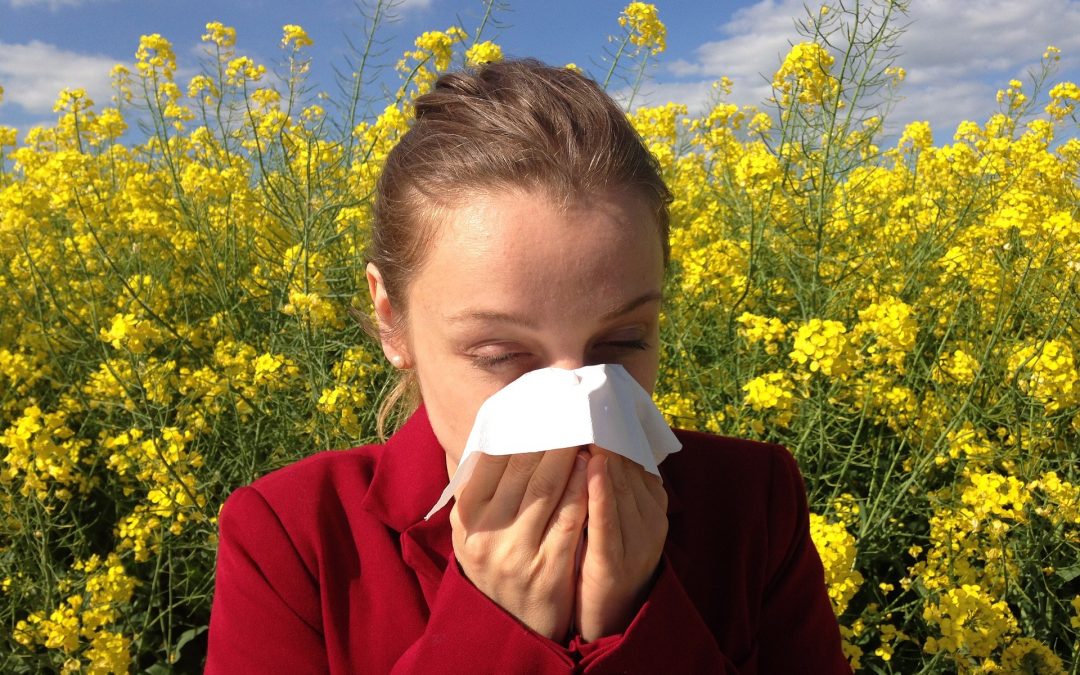February 2018 – Orlando, Fla. —Pollens spread by the wind. Pollen from trees, grasses, and weeds are the main cause of allergies. Spring is not the only allergy season, many plants pollinate year round. Right now, Orlando is the worst location in the country for pollen levels, according to pollen.com, a website that provides allergy information and up-to-the-minute forecasts on pollen in your area. Pollen counts will vary from day to day as well as hour to hour.
In springtime, pollen from the trees begins its release between January and April, depending on the climate and location. These trees include elm, pine, birch, ash, hickory, poplar, and cypress to name a few.
Summertime is when grass pollen reigns supreme: pollen from northern grass in colder climates, such as timothy, rye, and blue; and southern grass pollens in the warmer climates, such as Bermuda Grass. In the fall, typically weed pollen takes control. These weeds include ragweed, nettle, mugwort, fat hen and sorrel.
Trees actually start producing pollen as early as January in southern states like ours. They also produce such a large volume of pollen that it can increase pollen levels miles away.
Regardless of your outdoor pollen level and allergy report, pollen can still be transported indoors by animals and clothing.
If you have a pollen allergy and go outside on a day when it’s flying around, your body will react as if it’s being invaded. Your immune system will make a lot of something called histamine to fight back. When this happens, you can have symptoms like:
• Itchy throat
• Red, itchy, watery eyes
• Runny or stuffy nose
• Sneezing
• Wheezing or coughing
Your doctor may first want to confirm that you have an allergy. Once that’s narrowed down, there are a few ways to treat pollen allergies:
• Over-the-counter (OTC) drugs. Antihistamines block the histamine your body makes. If your nose is stuffy, decongestants can help you breathe easier. Some nasal sprays help allergy symptoms, too.
• Prescription medication. If the OTC drugs don’t work, your doctor may prescribe something stronger. Some prescribed meds block chemicals other than histamine that can trigger allergies. Others treat the symptoms caused by certain kinds of weed or grass pollen.
• Allergy shots. If you don’t have any luck with medications, allergy shots may help. You’ll go to the allergist every few weeks for the doctor to inject a tiny amount of what’s causing your problem under your skin. After a period of months, your body should get used to the trigger and your symptoms should get better.
Allergy sufferers depend on daily pollen reports to decide if they need to increase their allergy medication when going outdoors. A pollen report provides daily updates on pollen levels.
Since pollen allergy side effects are similar to hay fever and asthma, a pollen report can increase the quality of life for those who suffer during high pollen levels.

